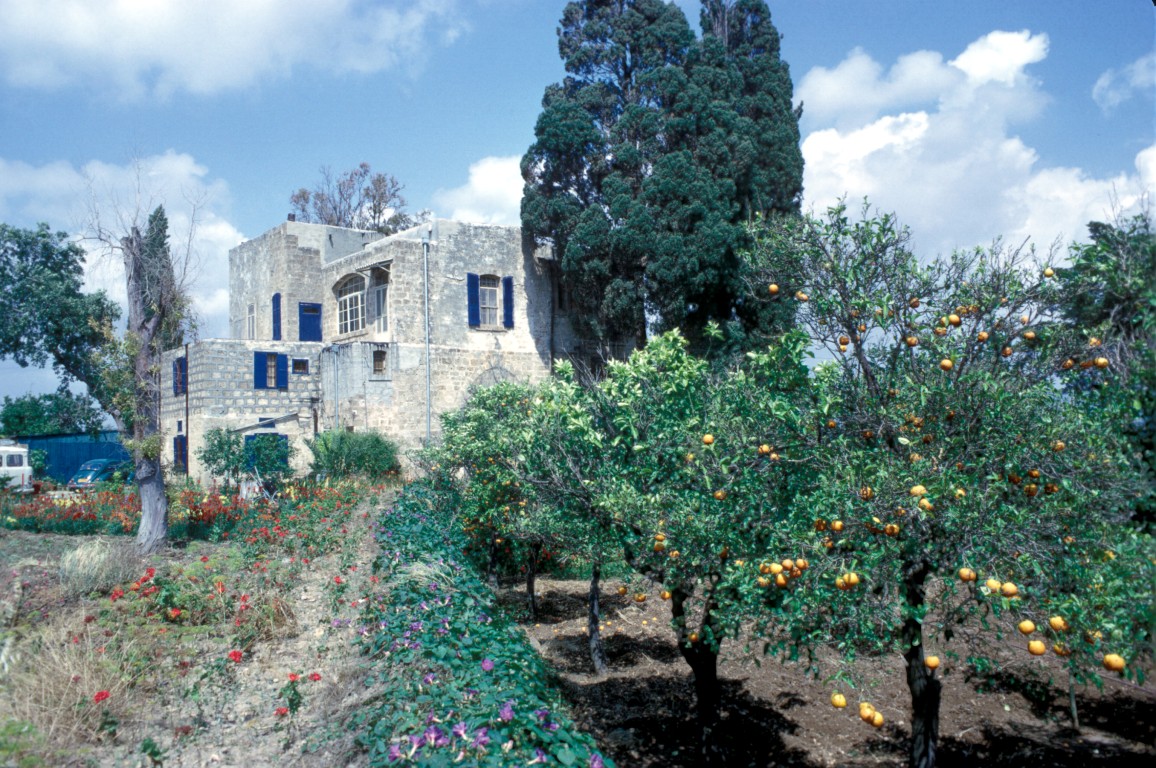
Bahá’u’lláh is freed from the Prison City
 The circumstances in which Bahá’u’lláh was freed from the prison city of Akka provide a remarkable contrast from the circumstances in which he was condemned to perpetual exile within its walls. Secular and religious opponents had brought it about. Nine years had passed since that imprisonment and over the years he had become a revered and loved figure in the prison city. Now, both secular and religious leaders assisted in bringing about Bahá’u’lláh’s release from the prison city – notwithstanding that he was still a condemned prisoner. Abdu’l Baha tells the story of how his departure from the city came about.
The circumstances in which Bahá’u’lláh was freed from the prison city of Akka provide a remarkable contrast from the circumstances in which he was condemned to perpetual exile within its walls. Secular and religious opponents had brought it about. Nine years had passed since that imprisonment and over the years he had become a revered and loved figure in the prison city. Now, both secular and religious leaders assisted in bringing about Bahá’u’lláh’s release from the prison city – notwithstanding that he was still a condemned prisoner. Abdu’l Baha tells the story of how his departure from the city came about.
Bahá’u’lláh loved the beauty and verdure of the country. One day He passed the remark: ‘I have not gazed on verdure for nine years. The country is the world of the soul, the city is the world of bodies.’ When I heard indirectly of this saying I realized that He was longing for the country, and I was sure that whatever I could do towards the carrying out of His wish would be successful. There was in ‘Akká at that time a man called Muhammad Páshá Safwat, who was very much opposed to us. He had a palace called Mazra’ih, about four miles north of the city, a lovely place, surrounded by gardens and with a stream of running water. I went and called on this Páshá at his home. I said: ‘Páshá, you have left the palace empty, and are living in ‘Akká.’ He replied: ‘I am an invalid and cannot leave the city. If I go there it is lonely and I am cut off from my friends.’ I said: ‘While you are not living there and the place is empty, let it to us.’ He was amazed at the proposal, but soon consented. I got the house at a very low rent, about five pounds per annum, paid him for five years and made a contract. I sent labourers to repair the place and put the garden in order and had a bath built. I also had a carriage prepared for the use of the Blessed Beauty. One day I determined to go and see the place for myself. Notwithstanding the repeated injunctions given in successive firmans that we were on no account to pass the limits of the city walls, I walked out through the city gate. Gendarmes were on guard, but they made no objection, so I proceeded straight to the palace. The next day I again went out, with some friends and officials, unmolested and unopposed, although the guards and sentinels stood on both sides of the City Gates. Another day I arranged a banquet, spread a table under the pine trees of Bahjí, and gathered round it the notables and officials of the town. In the evening we all returned to the town together.
One day I went to the Holy Presence of the Blessed Beauty and said: ‘The palace at Mazra’ih is ready for you, and a carriage to drive you there.’ (At that time there were no carriages in ‘Akká or Haifa.) He refused to go, saying: ‘I am a prisoner.’ Later I requested Him again, but got the same answer. I went so far as to ask Him a third time, but he still said ‘No!’ and I did not dare to insist further. There was, however, in ‘Akká a certain Muhammadan Shaykh a well-known man with considerable influence, who loved Bahá’u’lláh and was greatly favoured by Him. I called this Shaykh and explained the position to him. I said, ‘You are daring. Go tonight to His Holy Presence, fall on your knees before Him, take hold of His hands and do not let go until He promises to leave the city!’ He was an Arab…He went directly to Bahá’u’lláh and sat close to His knees. He took hold of the hands of the Blessed Beauty and kissed them and asked: ‘Why do you not leave the city?’ He said: ‘I am a prisoner.’ The Shaykh replied: ‘God forbid! Who has the power to make you a prisoner? You have kept yourself in prison. It was your own will to be imprisoned, and now I beg you to come out and go to the palace. It is beautiful and verdant. The trees are lovely, and the oranges like balls of fire!’ As often as the Blessed Beauty said: ‘I am a prisoner, it cannot be,’ the Shaykh took His hands and kissed them. For a whole hour he kept on pleading. At last Bahá’u’lláh said, ‘Khaylí khub (very good)’ and the Shaykh’s patience and persistence were rewarded. He came to me with great joy to give the glad news of His Holiness’s consent. In spite of the strict firman of ‘Abdu’l-‘Azíz which prohibited my meeting or having any intercourse with the Blessed Perfection, I took the carriage the next day and drove with Him to the palace. No one made any objection.[Quoted from Adib Taherzadeh, Volume 3, pp 416-417]
And so Bahá’u’lláh was free. The Sultan and Ministers who had exiled him already long in their graves – a fate which Baha’u’llah predicted would fall on them. Bahá’u’lláh was still exiled and unable to leave the environs of Akka, but free to continue his ministry — and we now enter the years when Bahá’u’lláh produced works which Shoghi Effendi has described as:
the choicest fruits which His mind has yielded, and … the consummation of His forty-year-long ministry.[1]
(This article is the 157th in a series of what I hope will be 200 articles in 200 days for the 200th anniversary of the birth of Bahá’u’lláh. The anniversary is being celebrated around the world on 21 and 22 October 2017, The articles are simply my personal reflections on Bahá’u’lláh’s life and work. Any errors or inadequacies in these articles are solely my responsibility.)
Sources: Adib Taherzadeh, Volume 3
Image Credits: The Mansion of Mazra’ih Location: Nahariya, Israel; Date taken: 1960s; Photographer: Juan B Caban. Copyright © Bahá’í International Community
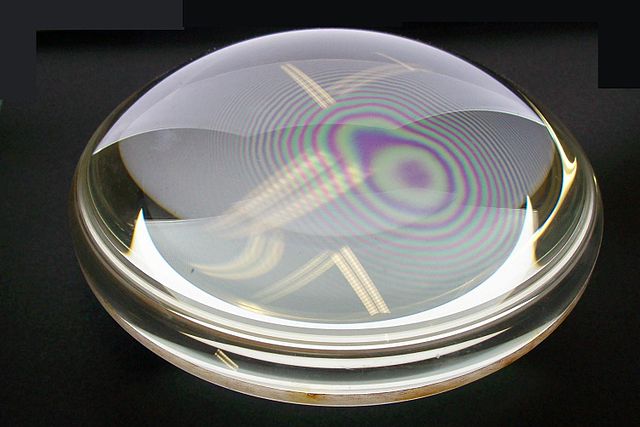
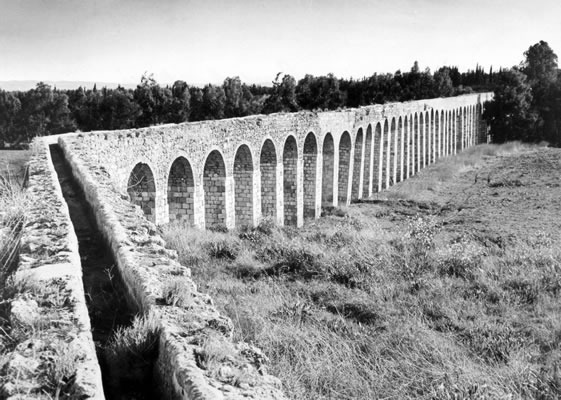
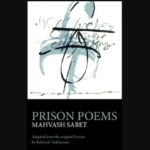
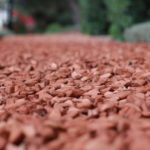
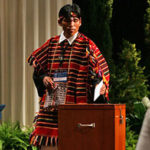
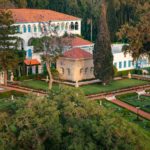

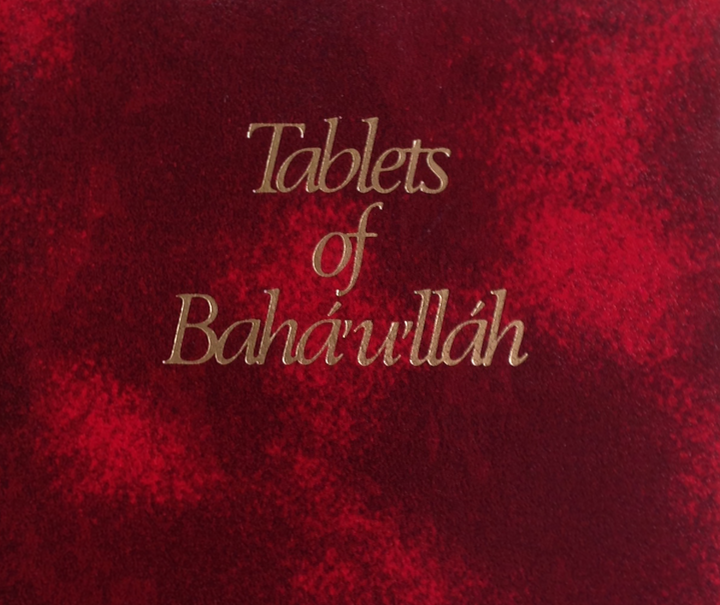
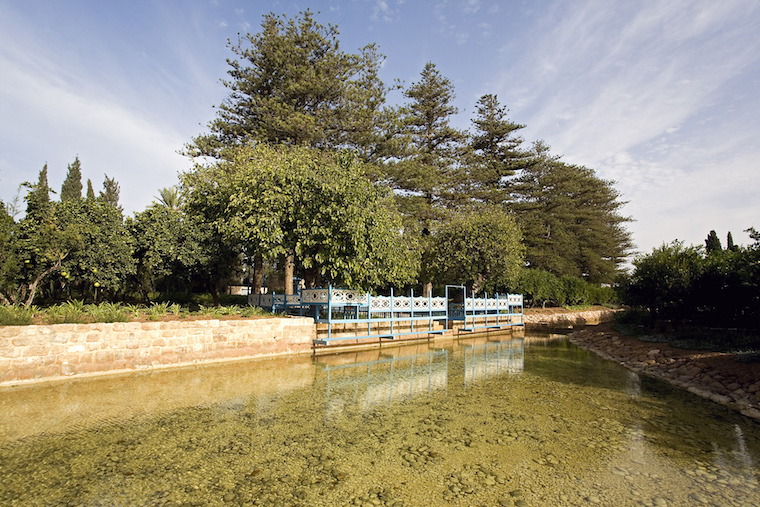
2 Comments
Michael Curtotti
Great to hear and thanks for the kind support. regards Michael
Paul DesLauriers
Thank-you so much for this. My wife and I were on pilgrammage just over a year ago. You made this story come to life again for me. Thank-you, Thank-you, Thank-you.